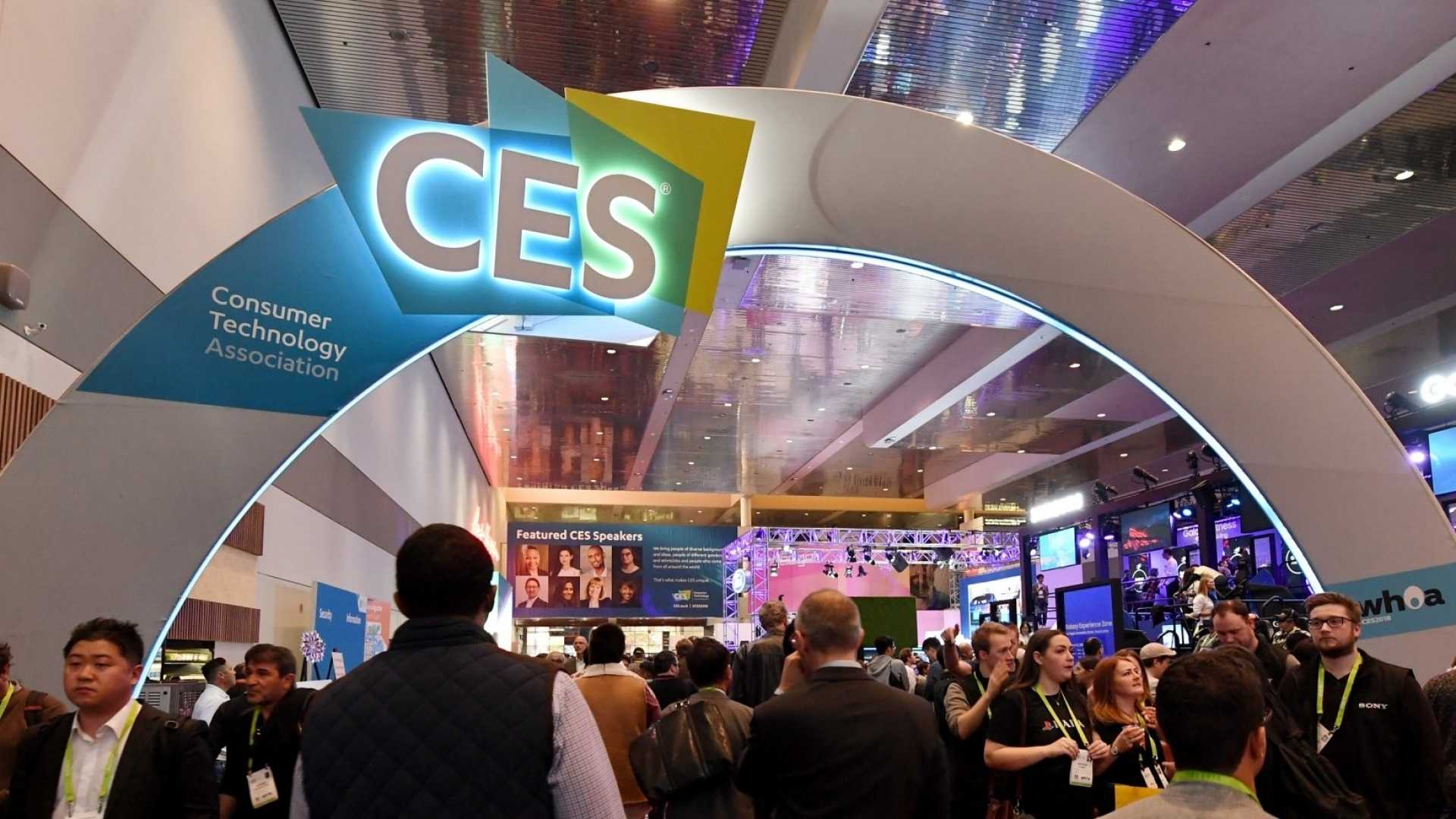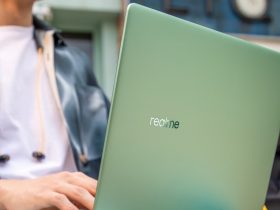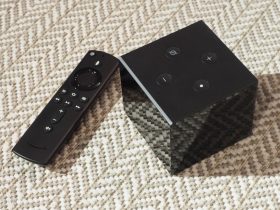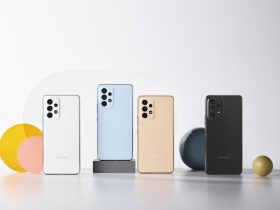No products in the cart.

It is the first time that the Consumer Electronics Show, the most important and best known technology fair by its acronym, CES, will be held in virtual format.
The first COVID-19 infection was detected in the Chinese province of Wuhan in December 2019 but, as of January 2020, most of the world had not yet heard of the virus. It was simply considered a somewhat atypical wave of pneumonia in the region.
As in any other year, therefore, hundreds of thousands of people traveled to the city of Las Vegas, in the USA, to visit what is considered the most important technology fair of the year, the Consumer Electronics Show, and more known by its acronym, CES.
It was the last great face-to-face technological event of 2020. A month later, the organization of the Mobile World Congress announced the cancellation of the Barcelona congress.
The CES organization still hoped that in January 2021 the event could be held in person, but by mid-2020 it was clear that this fair would not be saved either. The event officially starts on Monday and, like many other events in recent months, it will do so in a 100% virtual format.
THE SOUP OF TV LETTERS
The format will be atypical but the content will not. As in other editions, much of CES in 2021 will revolve around the image, with new screens and technologies for televisions. The evolution towards 8K resolution (the next step in large screens) will complement a whole series of new backlight technologies aimed at improving the contrast and brightness of the devices.
Joining QLED, the trademark Samsung uses for its LED backlighting and filtering technology on displays, will be joined this year by LG’s QNED technology, which uses much smaller LED light spots (commonly known as Mini LEDs) and therefore it allows better control of the contrast in the images. Almost 30,000 individual light sources will allow these displays to offer a range of brightness and contrast that will rival that of another well-known technology on the market, OLED, but which is difficult to scale and manufacture in large quantities.
This same Mini LED-based technology will also be behind a new generation of QLEDs that Samsung has dubbed Neo QLED (yes, it’s confusing) but we will also see it throughout 2021 on PC monitors.
INTEL REDEMPTION
Speaking of PCs, 2021 will be a complex year for Intel, but also an opportunity to redeem itself after a generation of processors that seems to have stalled just as its competitors become more competent.
Apple launched at the end of 2020 its first processors for Mac based on ARM architecture, the M1, which have been very well received, and AMD has seen several successes, especially in processors for the gaming sector, one of the few niches in the gaming market. computing that is expanding. This year, in addition, Qualcomm will aspire to have a greater role in traditional computing, with new lines of processors also based on ARM but specifically focused on large machines and not only on phones and tablets.
During the CES several PC manufacturers, such as Dell, will launch new machines based on the 11th generation of Intel processors, and maintaining the commitment to flexible formats that transform conventional laptops into tablets.
Perhaps as a result of the pandemic, many are paying more attention to video conferencing features and the quality of webcams, which have now become essential for remote work. Dell’s Latitude 9420, announced just a few days ago, includes for example a camera with an integrated physical curtain that blocks the view of the webcam when not in use during a video conference and several speakers and microphones specifically designed to enhance the audio experience. during a Zoom or Teams call.
Lenovo, which has also advanced the announcement of some of its launches this week, will bet on equipment with an integrated 5G connection, such as the IdeaPad 5, which will also use Qualcomm’s 8cx processors instead of the traditional Intel or AMD architecture.
ON WHEELS
The CEs is above all a personal technology fair, but in recent years the electric vehicle and the automotive industry have gained importance within the catalog of advertisements, engulfing the Detroit Auto Show, which used to be held around this time.
2021 seals this trend. This year’s three keynote speeches will feature the heads of an operator (Hans Vestberg, CEO of Verizon), a technology company (Lisa Su, CEO of AMD) and an automobile manufacturer (Mary Barra, CEO of General Motors) .
TIME FOR THE NEW GALAXY
Samsung has been doing its thing for a long time, without being tied to calendars imposed by fairs, but its “Unpacked”, the events where it presents its new launches, used to be in the orbit of the Mobile World Congress in February or the IFA fair in Berlin in September.
2021 will also change this tradition and the Korean manufacturer will present its new Galaxy S21 on January 14.
What’s your reaction?
Love0
Sad0
Happy0
Sleepy0
Angry0
Dead0
Wink0







